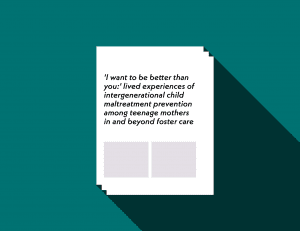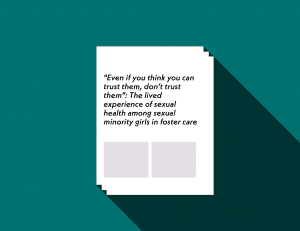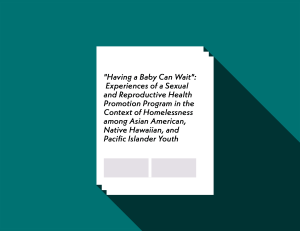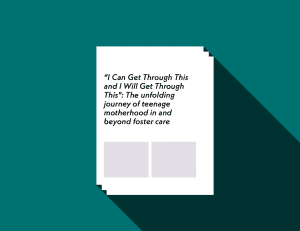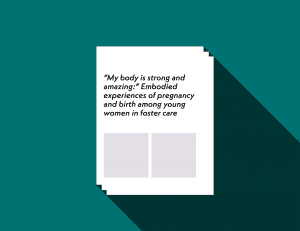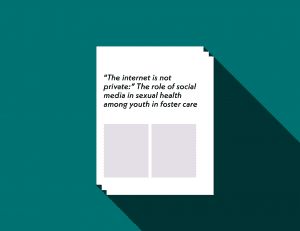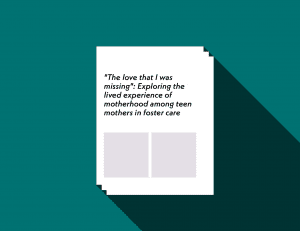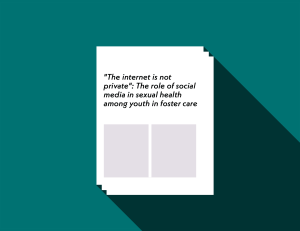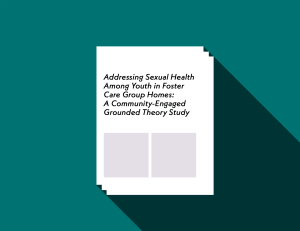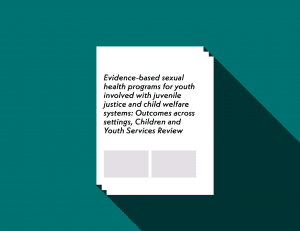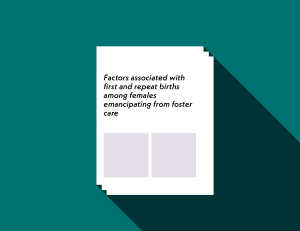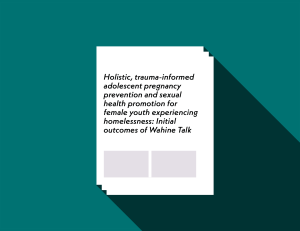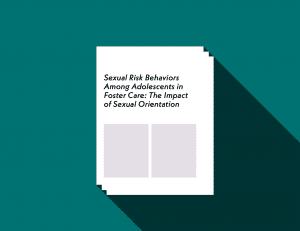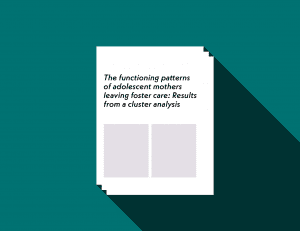Elizabeth M. Norell (formerly, Aparicio)
ReSHAPING
Elizabeth M. Norell (formerly, Aparicio), PhD, MSW, LCSW-C
University of Maryland, College Park
Dr. Norell (formerly, Aparicio) conducts community-engaged research in order to improve health equity via three interrelated areas: teen pregnancy prevention and parenting support; early childhood intervention; and child maltreatment prevention. She works to serve as a conduit for community voices, especially of maltreated parenting youth, to become a critical part of the conversation on the practices and policies that directly impact them. Dr. Norell worked for 9 years as a social worker with parenting foster youth and as an early childhood mental health specialist before entering academia. Dr. Norell is currently an assistant professor of behavioral and community health where she teaches courses in qualitative research methods, human sexuality, and community health engagement; mentors amazing students; and conducts applied and intervention research in Maryland and Hawaii with youth who are in foster care, homeless, or justice-involved.
What led you to this work?
As a clinical social worker, I had the opportunity to work with parenting foster youth both as a group home social worker and in outpatient mental health. I returned to school to earn my PhD in order to inform and test interventions that give these young women and their children the strongest start possible, and have been doing this work ever since.
What research questions are you currently working on answering or what are you most interested in answering?
I want to know how we can best come alongside youth who have been maltreated to kindle that amazing adolescent fire they have to envision and actualize how to improve their own and their children’s lives. This involves not just change among the youth, but change in systems, policies, practices, and social norms that oppress and limit maltreated youth. I am currently partnering with community-based organizations to
- develop a multilevel/2-gen sexual health and hygiene program for foster youth and their caregivers;
- prepare to couple and test evidence-based parent coaching + trauma-focused mental health interventions with parenting foster youth;
- and test a multilevel, multi-component sexual health intervention for youth experiencing homelessness
Their Research



